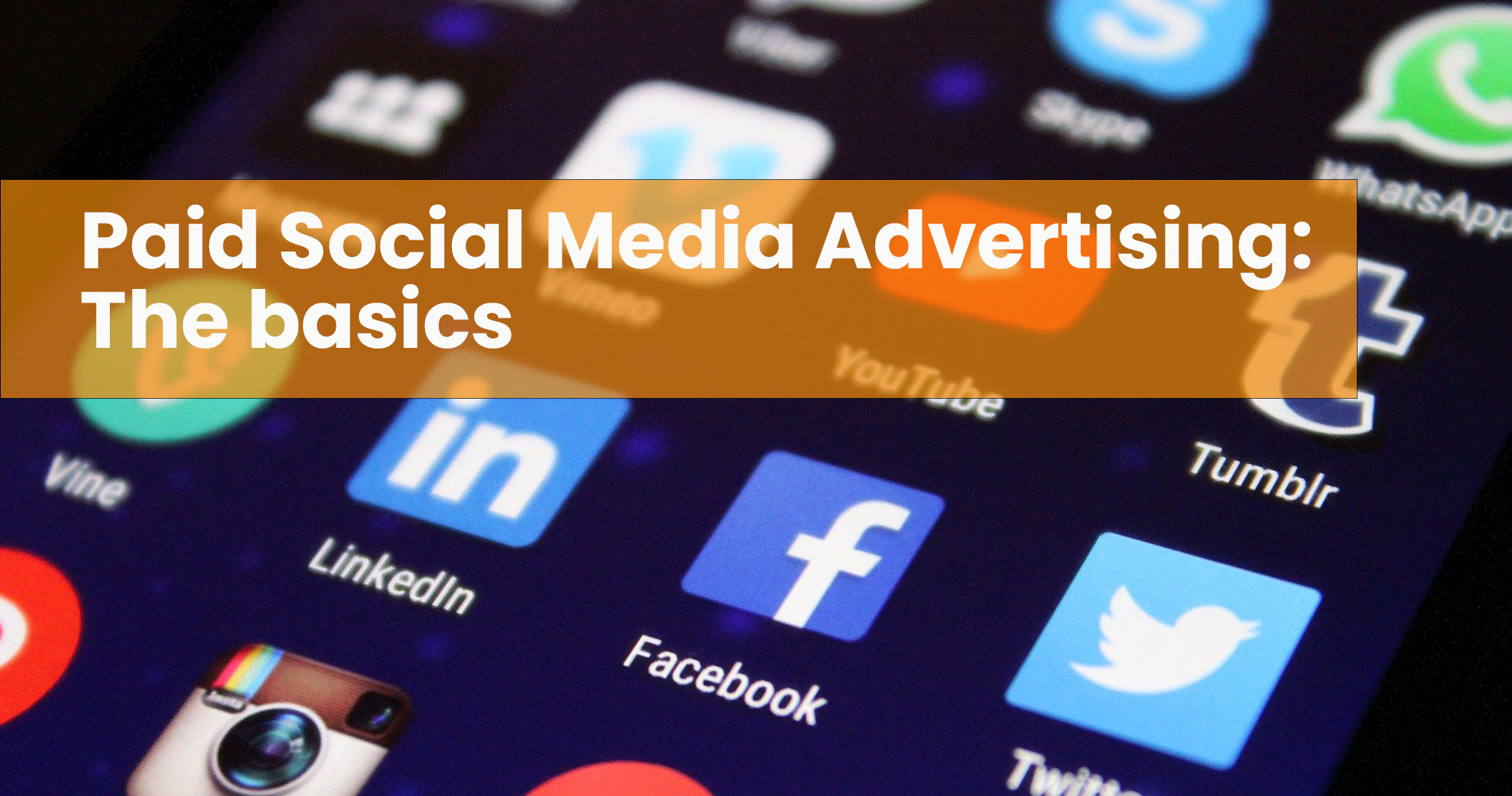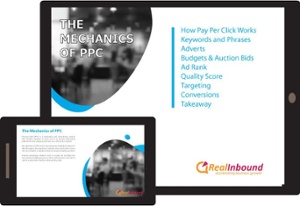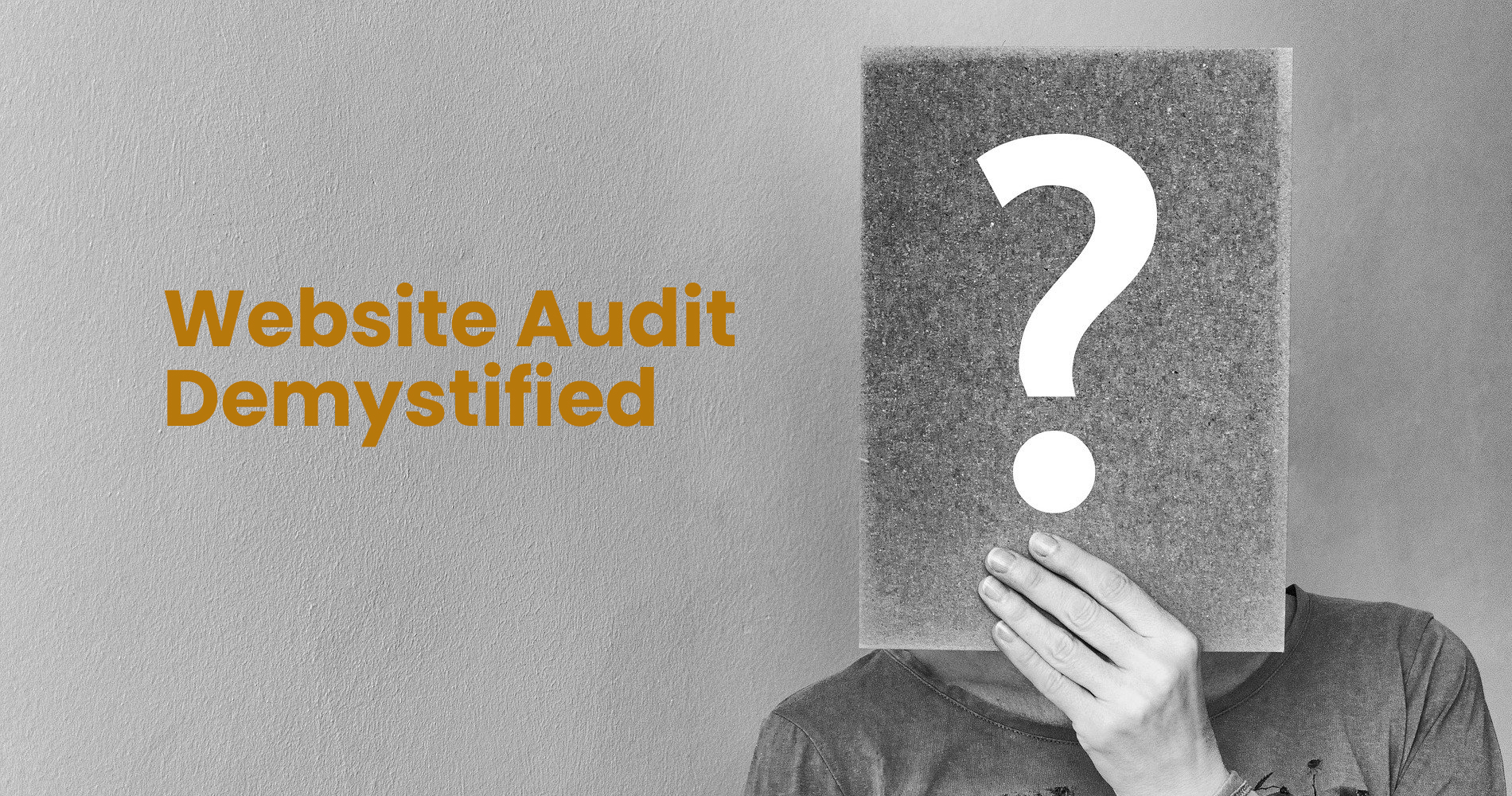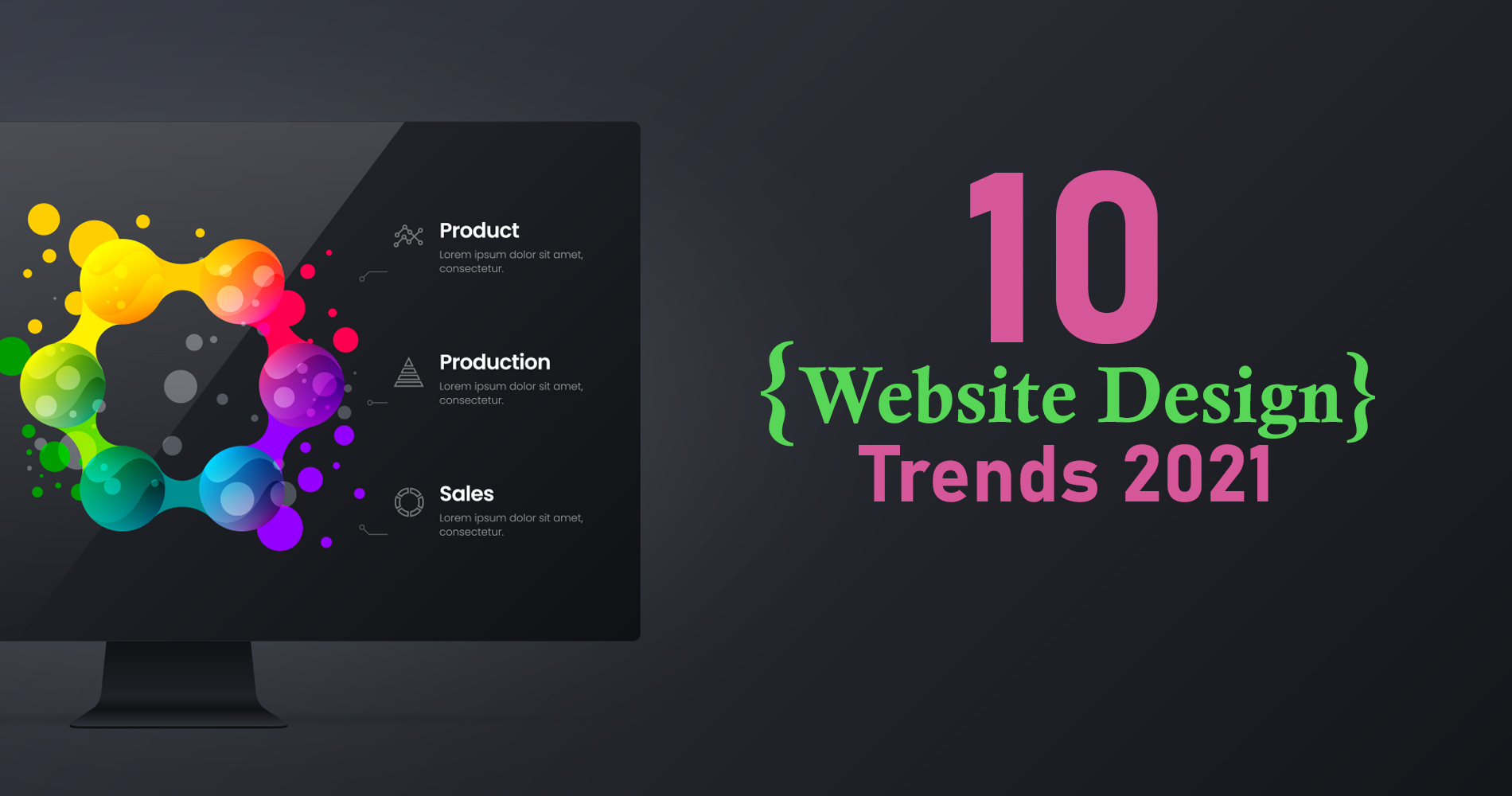Paid social media marketing has been a powerful way to boost reach and generate revenue for years now.
However, As a small and solo business owner, it can be hard to jump into paid social media advertising. It seems like a big leap — and not one you can make overnight. You might start with a social media account or two, but the thought of starting a coordinated, well-oiled campaign is daunting.
Here’s why:
Social advertising has an inertia of its own. It’s easy to forget that it’s not free. You can’t just sign up and start posting. You need to invest time in building an audience, researching pricing, managing
While it’s true millions of businesses are actively involved in social media marketing, it must be said not everyone is on board just yet. While they might eventually get there, for now, they're still learning the ropes and learning how to harness the amazing power that social media has to offer.
But, Here's the way to understand paid social media marketing in a nutshell:
Paid social media: why you should consider it
Many digital marketing agencies focus on organic social media sites such as Facebook, Twitter, Snapchat, Instagram, and Pinterest. In fact, organic social media is where most digital marketers spend the majority of their time. But, have you ever considered the benefits of paid social media? Typically, people have a negative connotation of paying for something, especially on social media sites. But, paid social media advertising is a vital part of any digital marketing strategy.
It’s important to understand that paid and organic social media are not mutually exclusive! In fact, paid campaigns can be used to support your organic efforts in the long run.
In what way? Whether you're on the fence about investing in paid social media or you need your coworkers' buy-in, here are some benefits to keep in mind.
Paid social boosts your business' reach
Social media is a tricky game. People share way more than you'd think they would - especially if their pictures are worth thousands of words! It's hard to say exactly why some posts blow up while others seemingly don't resonate with anyone. Optimising your posts will help ensure that they've been seen, but nothing is guaranteed. The best thing to do is keep doing what you're doing and continue developing an audience! Banner ads are an intrusive form of marketing, but they are effective.
Given all the options out there it's very easy for people to become jaded or bored with advertisements on social media - unless your ad can grab someone's attention in a unique way it likely won't be seen by many people. Banner ads might not be for everyone, but they serve as an excellent way to introduce your brand to new customers and remind former ones why you're still relevant without promoting spammy content that will annoy them.
Paid social helps you reach the right customers
Awesome if you're in the market to sell shoes, not so awesome if you're selling your social media services! The reason it's great in the former case is that many brands are eying paid campaigns as a viable alternative to organic reach in today's cluttered marketplace.
The latter scenario begs the question, 'why are you paying when you could be investing in driving traffic organically?' But when used correctly, Facebook, Instagram, and Twitter paid advertising has tremendous value for people who are serious about growing their business. The channel also offers much more control compared to traditional billboards or print ads. Whether it be generating leads directly from your website or giving products away via promoted posts, there is a multitude of effective uses for this channel at your disposal.
Paid social gives you a lot of insight into your target audience
When you're piecing together your social strategy without the help of paid social campaigns, it can be difficult to get in-depth data insights. You may know how many followers you have or how many likes your last Instagram picture got, but the information provided by native social analytics stops there. Sometimes, having access to more detailed insights can be extremely helpful when deciding where to focus your efforts.
This valuable information allows you to see your social media reporting in action and doubles up as the perfect opportunity to get valuable insights into your target audience. Even if you don't invest frequently in paid social campaigns, the valuable information translates well to your organic strategy moving forward.
When should you start using paid social media?
Paid social media advertising can be very effective if you are aware of the network and have a popular following.
A brand running ads can raise suspicion if the organic page is silent. The presence of your brand signals to the public that you're a genuine company. Additionally, you are likely to engage with people you know if you are serving ads to existing followers.
Allocating an appropriate budget after preparing your organic presence will help you achieve the best results from your campaigns.
Creating a social media budget can be a challenging process. Advertising costs depend on a lot of variables, including your industry, CPC (cost per click), creatives, and the length of your campaign.
As a business, you need to invest the right amount of cash in your paid campaign. Unless your value campaign reaches your intended audience, you won't see much return on investment. When you are committed to your goals and leverage the targeting and visibility of pay-per-click social media marketing, it can be extremely effective.
In addition, you should link social advertising campaigns to larger business initiatives. Whatever you are promoting, whether it is a product launch, a time-sensitive campaign, or a holiday sale, it all boils down to what is best for your business. There is one thing to always keep in mind, and that's that you should never run a campaign just for its sake.
The principles outlined above will enable you to overcome many of the most common challenges associated with paid social media.
Paid social media advertising: running a successful campaign from the get-go
Suppose you want to start your advertising campaign as soon as possible. Fantastic! When running a first-time paid campaign, these are the five things you must do.
1. Choose the platform(s) you want to focus on
In all, there are more places to be seen on the internet than one can ever imagine. There are more social media sites, news articles, and blogs popping up every day. Without a doubt, investment of your resources into specialised platforms is going to deliver the best overall return on investment for your business.
One thing you’ll realise as a marketer is that it takes a considerable amount of time and effort to have to keep up with the latest trends going on in this industry. If you’re interested in specialising in just one particular aspect of paid marketing then this could be a viable option for you, but you should understand that optimising your ads for one network may not necessarily translate into success on another. Instagram and Facebook have their similarities when it comes to ad space, but once again even those two networks will have varying specs from each other, making it necessary for one to spend some more time getting used to the network before making any large-scale decisions regarding targeting or budgeting.
2. Determine your paid campaign goals and outcomes
One of the most effective ways to ensure your entire marketing strategy is running smoothly and on time is to create a single ultimate goal and plan for it. This will be what you're trying to achieve with each campaign and it will help you communicate with everyone involved in different areas of your business. You should also consider how marketing fits into your overall business plan and your particular role in it; we know that we want to get others interested in using our services so we'll get more customers! We'll get people's attention by having a great design, precise messaging, and consistency across all platforms.
3. Analyse successful campaigns to get ideas
If you've ever seen commercials on TV, likely, you didn't realise they were, in fact, produced with thousands of dollars in motion graphics and studio production. When researching ads on social media, specifically Facebook Ads, take some time to look at your competitors’ ads via the Facebook Ad Library. You can also research content across most social networks with a tool like Social Crawlytics. Keep in mind that most restaurant ads will be different from Tesco or L’oreal. The most successful Facebook Ads are often targeted towards audiences based on targeting information gleaned from the type of Post shared by your Page or past interactions with your business organically or through various campaign communications over time.
4. Identify creatives, copy, and targeting
When it comes to paid social media ad campaign management, there is a lot that goes into the inner work of any given active Facebook or Twitter run. Certain intricacies are rooted in the process that can oftentimes go unnoticed unless you're keen on getting your small business involved with advertising, to begin with.
Ad specs and sizes are important to make sure you have the right kind of visuals for your ads. Think about what kind of words or phrases you want to encourage people to say regarding your product. Ultimately, it’s all about having an audience who will be interested in taking action based on the content in your ad(s).
5. Analyse your paid marketing efforts
Analysing whether or not your campaign is a success can sometimes be challenging. Between platforms and ad analytics and social listening and the like, there’s a lot of information that can end up getting confusing, especially if you’re working with someone whose expertise might lie in likes and shares instead. The important thing is to be able to work through all of this information and pull out what’s relevant so you can understand whether you got returns on your efforts or not. If you did get a positive result from your campaigns it doesn’t hurt to have people have proof of success as well as having it for future projects too. If the results weren’t so good it's easy for potential backers to become hesitant about supporting you simply because they don't want to lose money- which would lead the jump-off track from jump-starting something great!
Lastly,
We hope you enjoyed our article on How to Build an Effective Paid Social Media Marketing Campaign. With this knowledge, we know that you can build an effective Paid social media marketing campaign. So what are you waiting for? Get started today!






 Gerd Altmann
Gerd Altmann